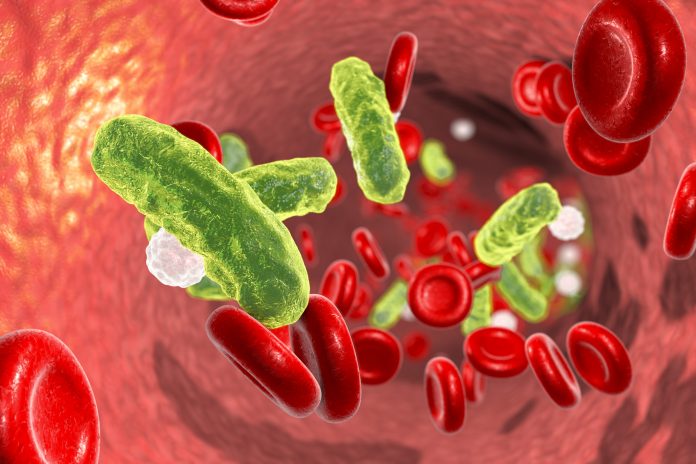
Molecular “smart tweezers” that can select specific bacteria from a microbiome have been developed by researchers at the Icahn School of Medicine at Mount Sinai. Their technique, mEnrich-seq, exploits the natural signals that bacterial DNA uses to differentiate from each other.
Using this approach, the researchers can distinguish specific bacteria from the many types in a given microbiome. Once bacteria are “plucked out,” researchers can assemble their genomes and study them. The Icahn team’s paper appears in Nature Methods.
“Imagine you’re a scientist who needs to study one particular type of bacteria in a complex environment. It’s like trying to find a needle in a large haystack,” said Gang Fang, PhD, of Icahn’s Genetics and Genomic Sciences department and the study’s senior author. “mEnrich-seq essentially gives researchers a ‘smart tweezer’ to pick up the needle they’re interested in.”
Studies suggest microbiomes play a crucial role in human health. Imbalance of the normal gut microbiota, for example, have been linked with conditions including inflammatory bowel disease, irritable bowel syndrome, obesity, type 2 diabetes, and allergies. Meanwhile, the vaginal microbiome seems to impact sexual and reproductive health.
However, in many microbiome applications, the focus is on studying specific types of bacteria in a sample, rather than looking at each type present. For example, when studying infectious diseases, researchers might only be interested in a few harmful gut bacteria, but these are mixed in with many others.
The mEnrich-seq strategy thus addresses a critical technology gap. Previously, researchers would need to isolate specific bacterial strains from a given sample using culture media for the specific bacterium—a time-consuming process that works for some bacteria, but not others. In contrast, mEnrich-seq can directly recover the genome(s) of bacteria of interest from the microbiome sample without culturing.
Its developers point out that mEnrich-seq offers various opportunities:
- A more economical approach to microbiome research, particularly in large-scale studies where resources may be limited.
- It can focus on a wide range of bacteria, making it a versatile tool for both research and clinical applications.
- By enabling more targeted research, mEnrich-seq could accelerate the development of new diagnostic tools and treatments.
“One of the most exciting aspects of mEnrich-seq is its potential to uncover previously missed details, like antibiotic resistance genes that traditional sequencing methods couldn’t detect due to a lack of sensitivity,” Fang added. “This could be a significant step forward in combating the global issue of antibiotic resistance.”
As one of three applications described in this study, the authors used mEnrich-seq to directly reconstruct pathogenic E. coli genomes from urine samples from patients with urinary tract infections, which allowed the comprehensive analysis of the antibiotic resistance genes in each genome.
In another application, the authors used mEnrich-seq to selectively construct the genomes of Akkermansia muciniphila, a bacterium that has been shown to have benefits in obesity and diabetes, among several other diseases, as well as a response to cancer immunotherapy.
Looking ahead, the team aims to refine the method to improve its efficiency further and to expand its range of applications. Collaborations with clinicians and health care professionals are also in the pipeline to validate the method’s utility in real-world settings.